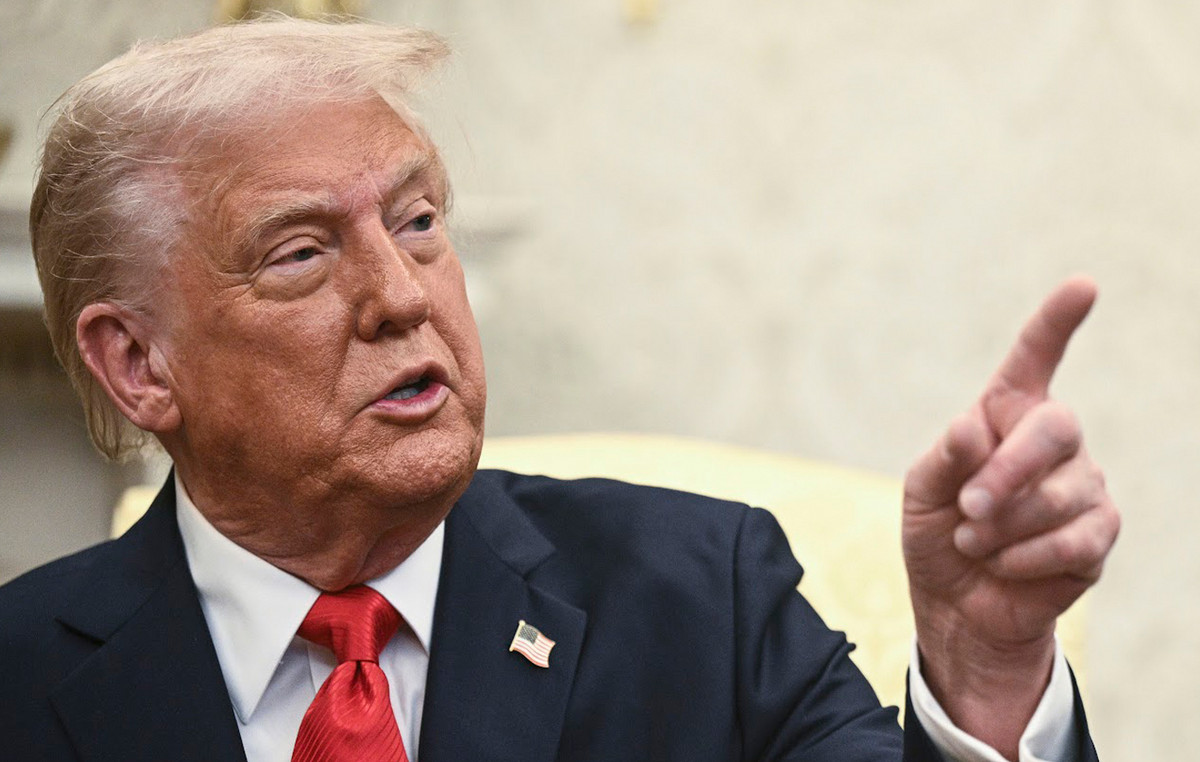With the elections approaching, some important variables are starting to enter the radar for next year. The fiscal will certainly be the key issue in 2023, as it does not seem that the current government is showing any clear signs of real concern for fiscal balance, as we have seen in the last two years. In Lula’s case, the ceiling rule will have to be undone without it being clear what will be put in place. In any case, the scenario should be one of more public investment if Lula wins, or more private investment, via concessions and privatizations, if Bolsonaro wins.
How to prevent public investments from becoming a bottomless bag of corruption and inefficiency will be the great challenge. Our recent experience with these projects did not work out, see the expensive and incomplete investments in Petrobras’ oil refineries, to take just one example.
It would be necessary to think of a public investment structure that is more efficient and coordinated, including among companies, banks, the federal government and eventually states and municipalities. One way to do that would be to create an investment agency, focused exclusively on this, constitutionally protected from political interference.
Such an independent agency would not have the role of choosing the investment to be made, but given the investment decided by the federal government and Congress, it would be up to this agency to carry out the project, negotiate values, set up the best possible model, whether fully public or PPP , for example, until the final delivery of the work. Imagine a state body along the lines of the Central Bank, with a technical and shielded presidency, as the Central Bank Independence Law brought to the bank’s governing body.
Ideally, it would be a totally new agency, with new employees, without the vices of current autarchies. For example, it cannot be the BNDES, as it is also one of the elements of interest in the public investment chain and that would pose a very clear conflict of interest.
If we want investments to be as efficient as our currency has become over the years, we need to protect their operation as much as possible. It can be said that investments are natural elements of interest to politicians and it would not be appropriate to take away the investment decision from them. However, in the case of the financial system, most of the breakdowns in the past were due to the existence of public banks and lack of credit control by the Banco do Brasil, which often operated more forcefully than the Central Bank itself. There was clearly a very large political interest game that had to be broken when it was understood that it would be the only way for our currency to work, and working means being a more efficient instrument of credit and inflation control.
We must have the same conception for investments. Efficiency results would be captured by politicians in the same way, as they could present the population as the work of their inspiration, but would not have the kind of interference that they have today via ministries. In fact, the role of ministries would also have to be rethought, as they would become administrators of the existing public machine and not investment coordinators, which would be in charge of this agency. The important thing is to keep in mind that the agency would have to be technically and totally shielded, as this is the need for constitutional protection.
It could be argued that currency is something simpler to manage than investment projects. But this is not true, because by concentrating efforts on one institution, efficiency and synergy are gained, something we never had. Not to mention the gains from falling corruption.
Of course this is a dream and certainly nothing will happen, but for public investments to become as efficient as we need, they need to have a different approach. Going back to the past is the right decision to repeat mistakes.
Source: CNN Brasil
I am Sophia william, author of World Stock Market. I have a degree in journalism from the University of Missouri and I have worked as a reporter for several news websites. I have a passion for writing and informing people about the latest news and events happening in the world. I strive to be accurate and unbiased in my reporting, and I hope to provide readers with valuable information that they can use to make informed decisions.







